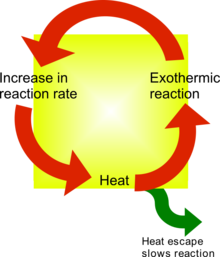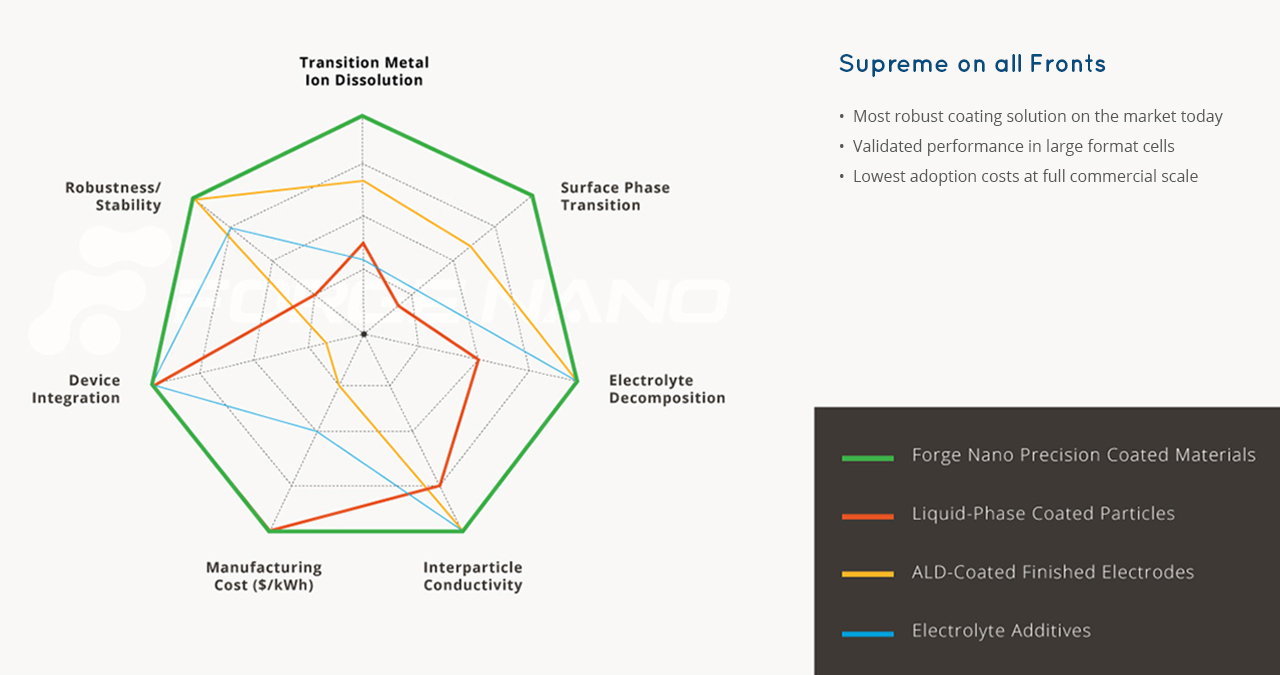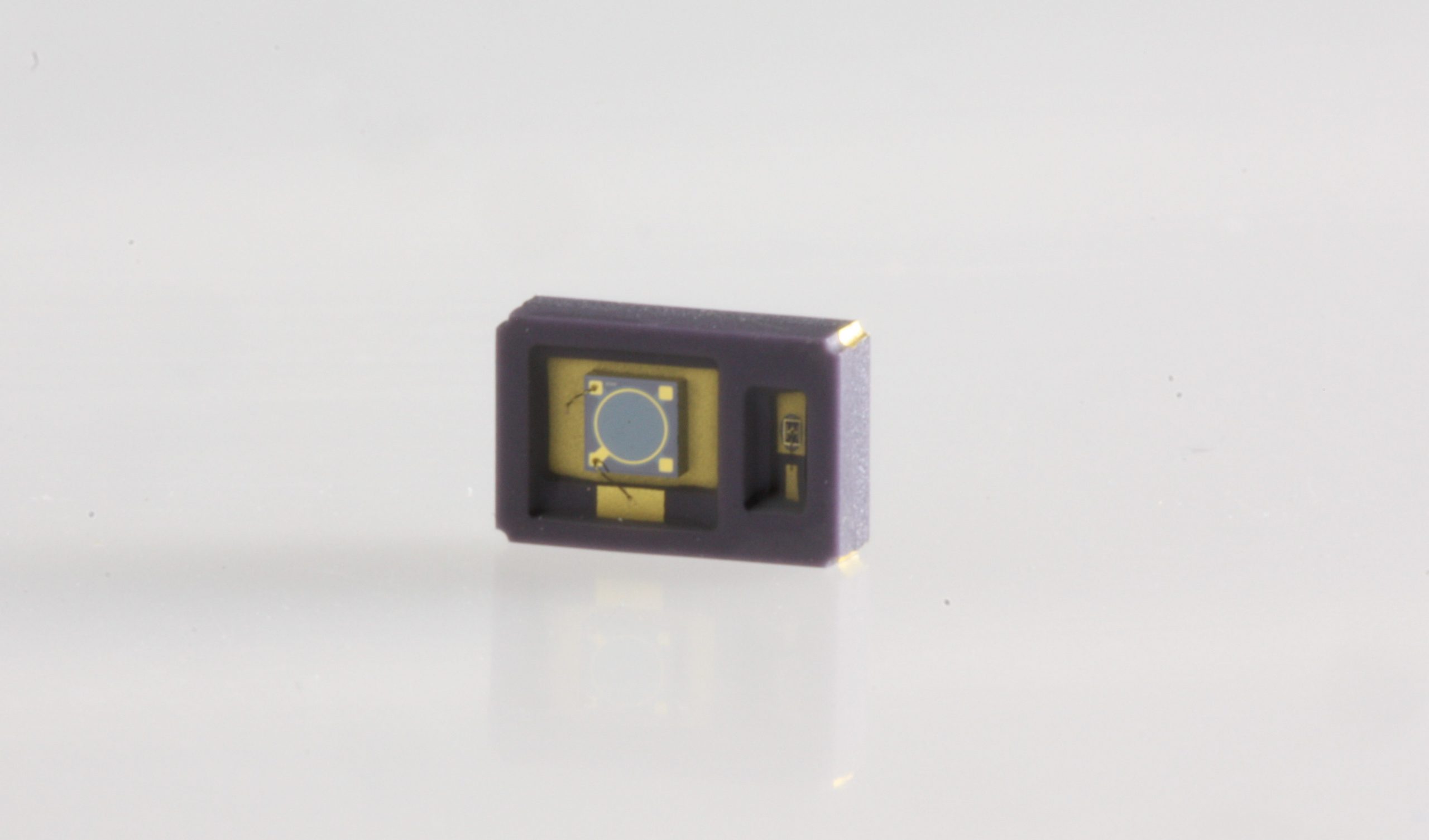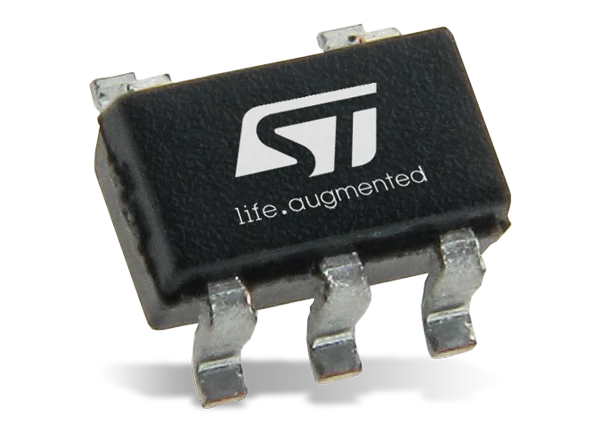
Nanotechnoloy – Nano coating prevents exploding Li-ion batteries
Lithium-ion batteries are very popular as they’re lightweight and have high energy density. But at the same time, li-ion batteries are very sensitive to overcharge/over discharge. An internal short circuit can cause fire and it may even lead to a violent explosion. Fortunately, nanotechnology found a way to prevent this kind of nightmare. How? let’s discuss:
Why Does li-ion Battery Explode?
When a device draws too much power from a Li-Ion battery, it heats up and thus melts the internal separator between the two flammable electrolytes. This phenomenon ignites a chemical reaction between the electrolytes causing them to explode. Once their package ruptures, the oxygen in the surrounding air helps the flammable electrolytes to catch fire. The fire then spreads quickly to other cells and loads a thermal runaway.
During a thermal runaway, the high heat of the damaged or malfunctioning cell can propagate to the next cell, causing it to become completely thermally unstable as well. In some worse cases, a chain reaction occurs in which each cell disintegrates at its own timetable.
So, in a nutshell, Li-ion cells possess the potential of a thermal runaway. The temperature quickly rises to the melting point of the metallic lithium and cause a violent reaction, which finally causes an explosion.
How Can Nanotechnology Prevent This?
Recently conducted research shows that atomic layer deposition (ALD) of titania (TiO2) and alumina (Al2O3) on Ni-rich FCG NMC and NCA active material particles could substantially improve Li-ion battery’s performance and allow for increased upper cutoff voltage (UCV) during charging, which delivers significantly increased specific energy utilization.

A company called Forge Nano claims to prevent this thermal runaway situation by never letting it get started even if the battery electrodes are shorted out. Forge Nano’s precision coatings on cathode and anode powders protect against the most common degradation mechanisms found in Li-ion batteries.
The benefits of Forge Nano precision coatings include extended battery life and greater safety, especially in extreme situations such as high-temperature operation, fast cycling rates, and overvoltage conditions.
By implementing lithium-based ALD films in nanostructured 3D lithium-ion batteries, significant gains in power density, cycling performances during charge/discharge, and safety is noticed.
What’s the Result?
Some of Forge Nano’s accomplishments in the Li-ion battery space includes:
- Increased lifetime of commercial cathode material by as much as 250%
- 15% higher energy density in large format pouch cells (40 Ah) that pass nail penetration testing
- 60% reduced gas generation in cathode material
- A low-cost high-voltage cathode powder with exceptional performance
- Increased rate capability of conventional materials for enhanced fast charge acceptance using Forge Nano’s proprietary solid electrolyte coatings

ForgeNano Claims Their Technology as Best Solution
Since the solution found by the research, Forge Nano has been working on a commercial version of the product that they finally believe they can place in the market very soon.





![[Sponsored Post] Infrared Wireless Relay Switch](https://www.electronics-lab.com/wp-content/uploads/2018/12/schematic.jpg)









